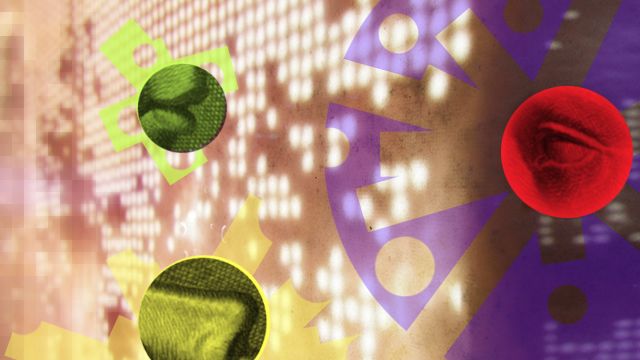Digital traces from the perspective of actor-network theory
DOI:
https://doi.org/10.15448/1980-3729.2012.3.12893Keywords:
Digital traces, actor-network theory, knowledgeAbstract
A significant amount of traces of our actions are generated, monitored and treated daily on the Internet, creating huge archives of our way of life. These digital traces have been appropriated by many different fields: surveillance, advertising, entertainment, services etc. Yet they also have been a valuable source of research in human and social sciences. The value of these traces is related to the knowledge they provide, which is the focus of a series of disputes. This article confronts two models of knowledge in this area, which have different implications for a policy of the digital traces. The first model, that is present in commercial and police apparatus, conceives the trace as an evidence linked to individuals and/ or behavioral patterns. The second one, which is the main object of our interest and inspired by the actor-network theory, understands the traces as inscriptions of actions that allow us to describe the formation of sociotechnical collectives.Downloads
References
ANDERSON, Chris. The end of theory: the data deluge makes the scientific method obsolete. Wired Magazine, 2008.
BRUNO, Fernanda. Dispositivos de vigilância no ciberespaço: duplos digitais e identidades simuladas. Revista Fronteira, VIII, 2006.
______. Monitoramento, classificação e controle nos dispositivos de vigilância digital. Revista FAMECOS, Porto Alegre, v. 15, n. 36, 2008.
FREUD, Sigmund. O Moisés de Michelângelo. Obras Completas. Rio de Janeiro: Imago, v. XII, 1970.
GINZBURG, Carlo. Mitos, emblemas, sinais. São Paulo: Companhia das Letras, 1989.
LATOUR, Bruno. Changer de société, refaire la sociologie. Paris: La Découverte, 2007.
______. On Technical Mediation: Philosophy, Sociology and Genealogy). Common Knowledge, v. 3, n. 2, pp. 29-64, 1994.
______. Por uma antropologia do centro. Mana, v. 10, n. 2, 2004.
LAW, John; HASSARD, John. (Org.). Actor Network and After. Oxford: Blackwell, 1999.
MORAES, Marcia. O conceito de rede na filosofia mestiça. Revista Informare, v. 6, n. 1, 2000.
SERRES, Michel. O contrato natural. Rio de Janeiro: Nova Fronteira, 1991.
VENTURINI, Tommaso; LATOUR, Bruno. Le tissu social: traces numériques et méthodes quali-quantitatives, 2010. Disponível em: http://www.tommasoventurini.it/web/uploads/tommaso_venturini/LeTissuSocial.pdf
Downloads
How to Cite
Issue
Section
License
Copyright
The submission of originals to Revista Famecos implies the transfer by the authors of the right for publication. Authors retain copyright and grant the journal right of first publication. If the authors wish to include the same data into another publication, they must cite Revista Famecos as the site of original publication.
Creative Commons License
Except where otherwise specified, material published in this journal is licensed under a Creative Commons Attribution 4.0 International license, which allows unrestricted use, distribution and reproduction in any medium, provided the original publication is correctly cited.






